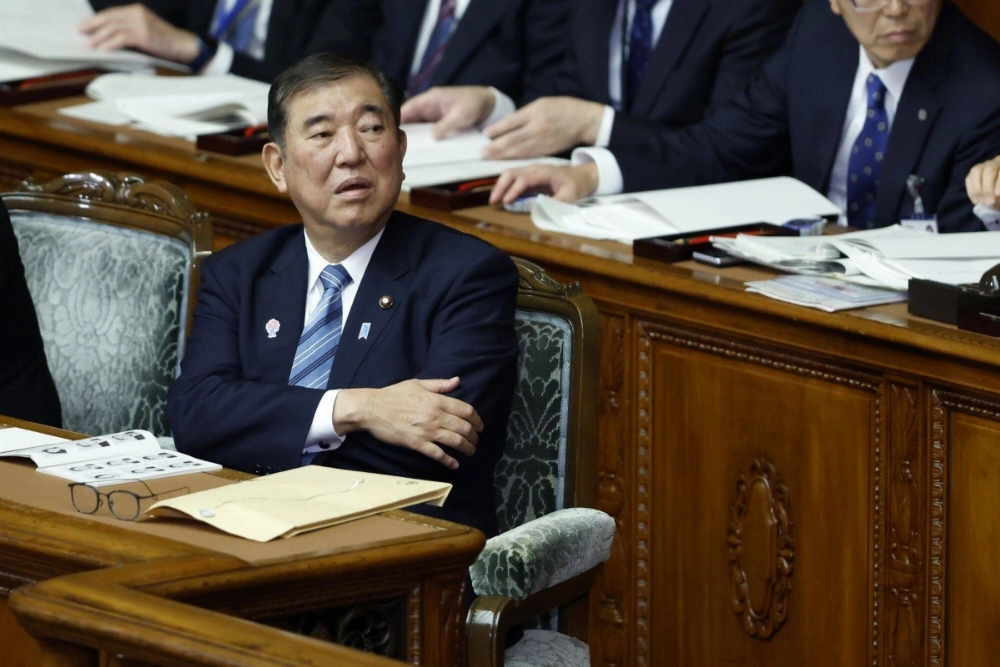After numerous political, financial and business leaders, including the late-Prime Minister Shinzo Abe’s widow, Akie Abe, Liberal Democratic Party Vice President Taro Aso and SoftBank Chairman Masayoshi Son, met with U.S. President Donald Trump, Prime Minister Shigeru Ishiba will finally travel to the U.S. for talks on Friday.
The announced objective is to "strengthen the relationship between the U.S. and Japan."
Following Foreign Minister Takeshi Iwaya's meeting with new U.S. Secretary of State Marco Rubio following the presidential inauguration, the objective escalated to "take the relationship to the highest level." Ishiba also hopes to establish a strong personal relationship of mutual trust with the U.S. president.

















With your current subscription plan you can comment on stories. However, before writing your first comment, please create a display name in the Profile section of your subscriber account page.